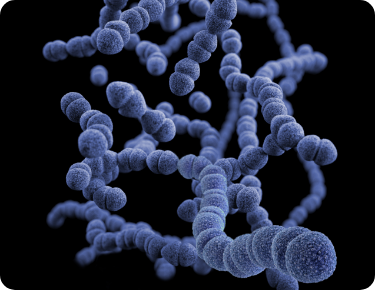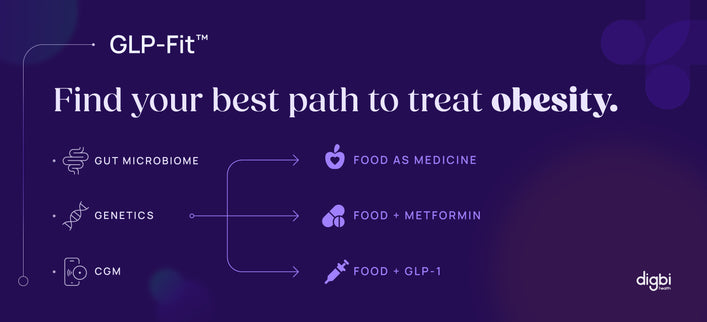We are what we eat. For real.
The right diet is the linchpin that holds together our digestive health, balance of our gut microbial population, and our capacity to fight infections and keep chronic illnesses at bay. The nutrients in our diet nourish not only our bodies but also the trillions of microorganisms that comprise our gut microbiomes.
Gut microbes use nutrients from our food for their biological processes, the metabolic outputs of which play a major role in human physiology. Diet is a much-studied factor in the context of gut microbial populations, and we are just starting to unravel how individual micro and macronutrients affect gut health.
What does a “healthy diet” really mean?
What constitutes a healthful diet is the stuff of argument and controversy, and opinions metamorphose every few years as new findings come to light. We know now that changes to host dietary patterns can shift gut bacterial metabolism and composition: the population of gut microbes transforms in favor of the bacteria most suited to breaking down the types of food consumed, impacting host physiology further downstream.
Let us look at the effects of 4 popular diets on the gut microbial population:
The Ketogenic Diet:

A ketogenic diet is characterized by very low consumption of carbohydrates (5 to 10% of total caloric intake), sufficient to enhance ketone production. First developed as a treatment for childhood epilepsy, it is now a popular weight loss mechanism.
However, recent studies in small groups with specific conditions such as multiple sclerosis have suggested a negative impact on microbial ecology and gut health. Because of the small number of subjects studied, these findings cannot yet be generalized. But given the increasing popularity of “keto” and its offshoots, further research is needed to assess long-term safety along with impact on gut microbiota.
The Paleolithic Diet:

Going “Paleo” is basically eating in a manner designed to mimic primitive hunter-gatherer dietary patterns. Paleo diets are rich in protein but low in carbohydrates. Comparative studies have been conducted between industrialized populations that typically consume the carb-and-fat rich “Western Diet” vs. modern-day hunter-gatherers.
Observationally, the latter group experiences fewer metabolic diseases, and their microbiota is more diverse. However, it is difficult to attribute this to exclusively lower carb intake, as hunter-gatherers’ microbiota are seen to be abundant in bacteria that metabolize complex carbohydrates.
Moreover, their diets contain niche traditional foods and undergo cyclic, seasonal variations that are reflected in their gut microbial composition as well.
Vegan and vegetarian diets

Vegan/vegetarian diets are often associated with positive health outcomes, and their beneficial effects may extend to the gut microbiota.
Plant-based foods constitute the primary source of dietary microbiota-accessible carbohydrates or MACs and it follows that the microbiota of individuals who consume vegetarian or predominantly plant-based diets exhibit a greater capacity for MAC fermentation. However, studies have shown only little differences between the gut microbial populations of omnivores vs. vegetarians.
The Mediterranean diet

The Mediterranean diet emphasizes the consumption of a variety of foods (fruits, vegetables, legumes, unsaturated fats, and limited red meat intake) rather than the exclusion of particular food groups such as carbohydrates in ketogenic diets.
The Mediterranean diet has been shown to decrease the risk of all-cause mortality as well as that of several chronic diseases, including diabetes. Adherence to the Mediterranean diet has been shown to generate multiple favorable effects, including favorable microbiota profiles and metabolite production, with microbial diversity in direct proportion to levels of adherence.
So, should I follow that diet?
While each diet has specific benefits and pitfalls, what works for an individual depends entirely on their genetics and overall lifestyle. Both our genes and our gut biomes have a role to play in the efficacy of a particular diet.
For example, one Digbi Health client who had long adhered to a Mediterranean Diet discovered that she was actually sensitive to supposedly healthy fats such as those obtained from avocados and olive oil.
Dietary intervention can only be successful if it helps the specific individual. Here at Digbi Health, we aim to identify which diets are likely to be effective for a person based on that individual’s unique genetic and gut biome makeup as well as lifestyle constraints.















